Let's face it: When it comes to shedding pounds, many of us crave the quickest solution possible. This often leads to turning to weight-loss supplements in hopes of a swift fix. According to the National Institutes of Health (NIH), Americans shell out a staggering $2.1 billion annually on such supplements, with approximately 15% of U.S. adults having tried them. Yet, not all supplements are beneficial, and some might even pose risks. That's why we consulted registered dietitians and weight-loss experts to unveil the 10 worst supplements for weight loss, empowering you to make informed decisions on your path to a slimmer, healthier you.
Destini Moody, RDN, CSSD, LD, a registered dietitian and sports dietitian at Garage Gym Reviews, highlights, "The main issue with weight-loss supplements is their potential to foster dependency. Relying on a supplement doesn't cultivate healthier eating habits or more effective exercise routines to sustain any weight loss achieved. Therefore, whether opting for the best or the worst weight-loss supplements, they should merely complement your weight-loss objectives, not serve as the foundation of your weight management endeavors."
Although certain weight loss supplements tout miraculous outcomes, they could harbor harmful components or lack substantial scientific backing. Keep reading to uncover the weight loss supplements you should steer clear of, as advised by registered dietitians.
1) Conjugated Linoleic Acid (CLA)
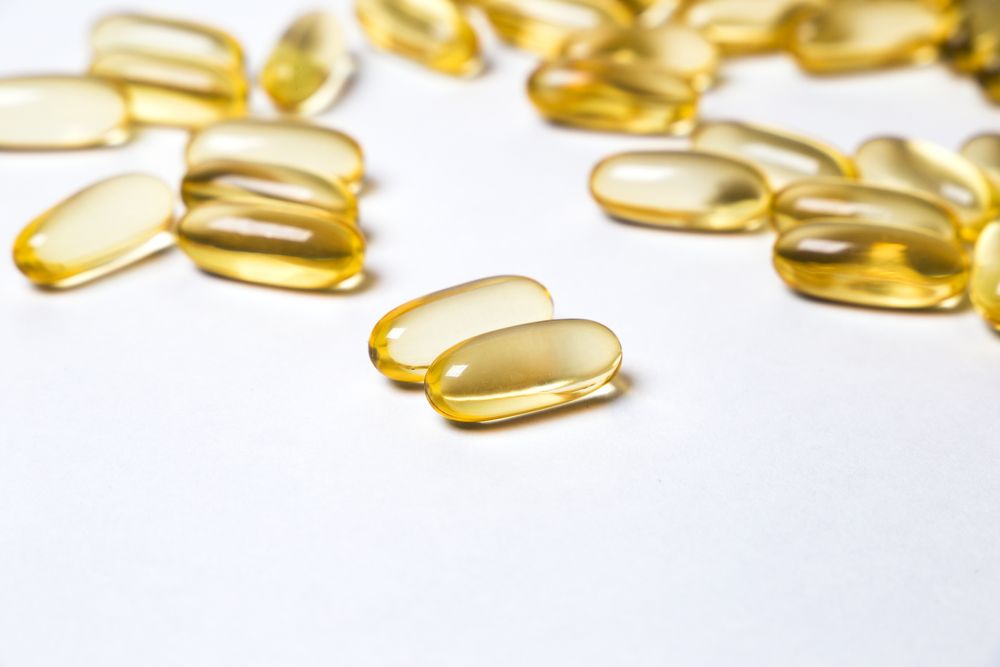
Frequently promoted as a fat burner, CLA (Conjugated Linoleic Acid) is a fatty acid present in dairy and meat items. Although certain studies indicate its potential for aiding weight loss, the evidence remains inconclusive, and its long-term impacts are still uncertain.
"Despite its reputation as a weight-loss aid, research has shown that CLA yields varied effects among individuals who use it," notes Moody. "While it may facilitate body fat reduction for some, others may experience no discernible impact or even an increase in body fat. CLA's effects appear to be contingent on individual factors, hence its efficacy in promoting weight loss cannot be guaranteed."
2) Green Coffee Bean Extract
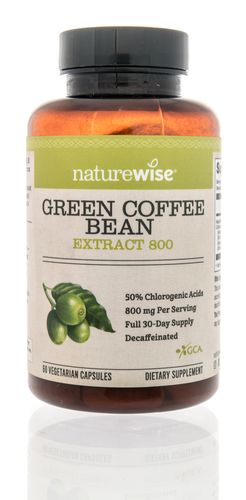
"Despite the presence of chlorogenic acid in green coffee bean extract, which is purported to aid in weight loss, research findings exhibit inconsistency," elucidates Trista Best, RD, a registered dietitian affiliated with Balance One Supplements. "Furthermore, the caffeine content within these supplements can induce side effects such as jitteriness and elevated heart rate."
The NIH highlights additional potential adverse effects of green coffee bean extract supplements, including headaches and urinary tract infections.
3) Garcinia Cambogia
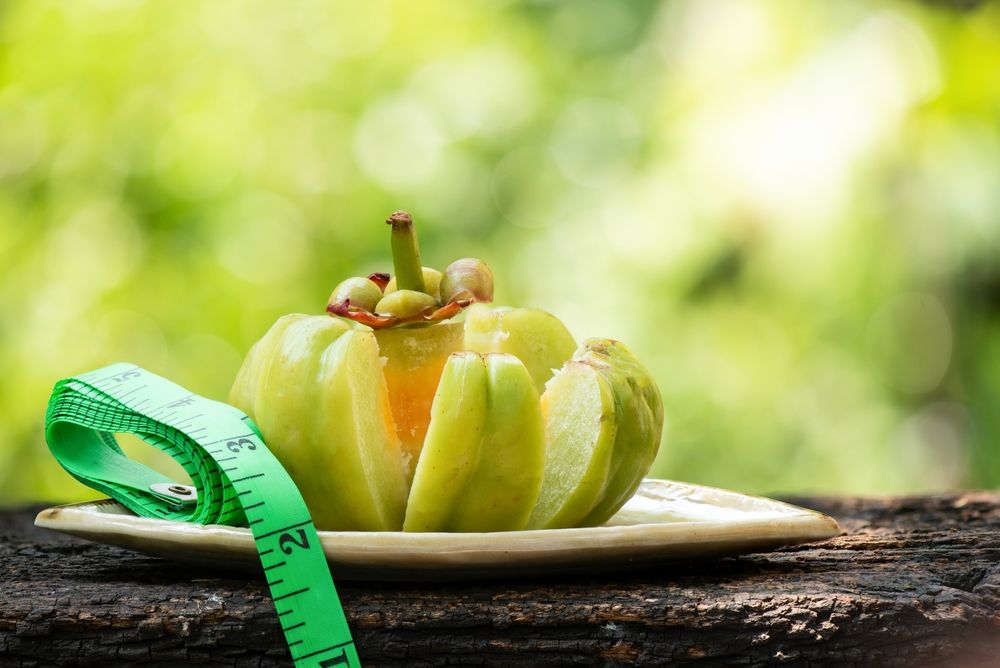
Moody states that Garcinia cambogia, a tropical fruit often praised for its supposed weight-loss advantages, was a key component in Hydroxycut, a well-known weight-loss aid back in 2009. Nevertheless, the U.S. Food & Drug Administration cautioned against products containing this ingredient following reports of liver damage. Consequently, Moody suggests that not only may this substance lack efficacy, but it could also pose potential health risks.
4) Hoodia

According to research, Hoodia is promoted as a natural appetite suppressant in the realm of weight-loss supplements. However, Best points out that there's inadequate evidence to substantiate this assertion. Furthermore, Best emphasizes that the safety and purity of Hoodia products available for purchase online cannot be assured.
5) Capsaicin
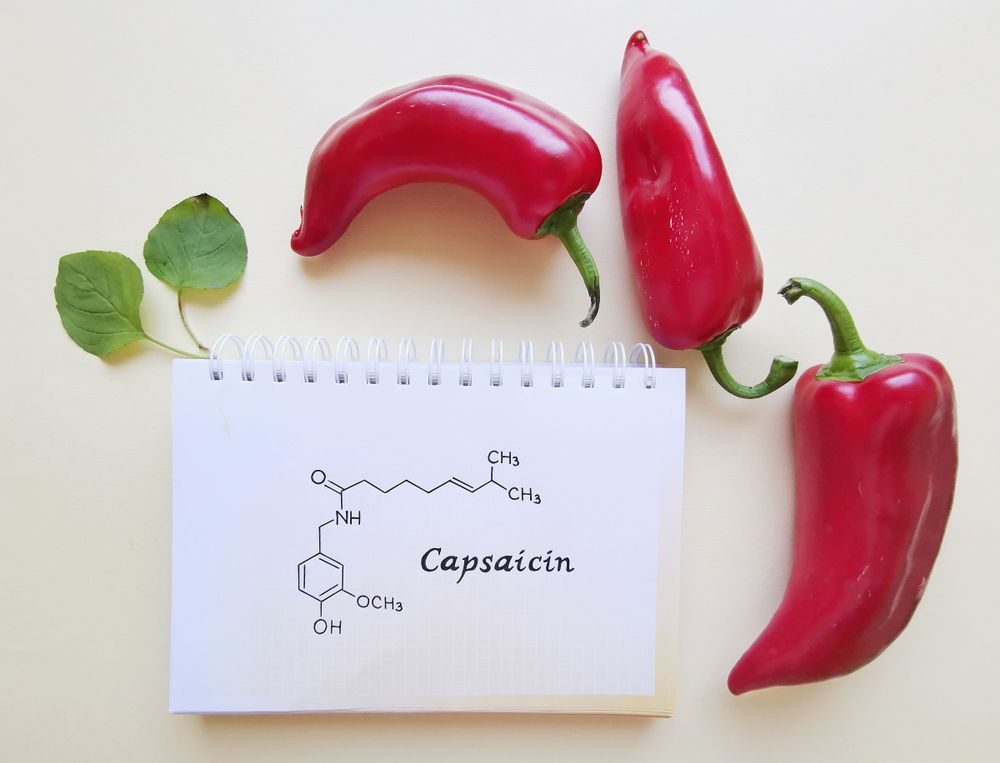
Capsaicin, the compound responsible for the fiery sensation in chili peppers, is reported in studies to potentially enhance metabolism and curb appetite. Although some research suggests it may promote fat burning, further investigation is necessary to validate its effectiveness in weight loss.
According to Moody, "Cayenne peppers and chilis contain capsaicin and capsaicinoids, which give them their spicy flavor, and many assert it can aid in weight loss by boosting metabolism and fat burning. However, there's insufficient evidence to conclusively demonstrate that capsaicin significantly reduces body fat levels, despite claims of its ability to modestly affect calorie intake."
6) Orlistat
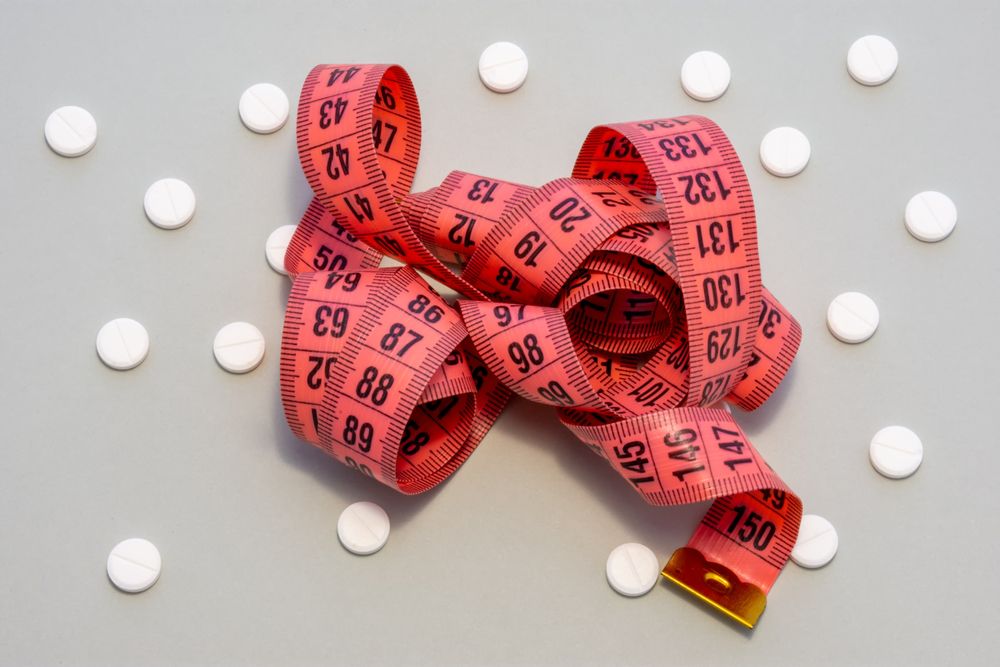
Research indicates that this over-the-counter weight-loss supplement functions by inhibiting the absorption of dietary fats within the body. While it has been shown to facilitate weight loss in certain individuals, it may also lead to adverse effects such as diarrhea and abdominal discomfort.
"Orlistat can induce unpleasant side effects," warns Moody. "The passage of unabsorbed fat through your system can be discomforting, particularly as it interacts with gut compounds, potentially causing them to turn rancid. This can manifest as stomach cramps, malodorous bowel movements, increased frequency and urgency of bowel movements, and headaches."
7) Bitter Orange
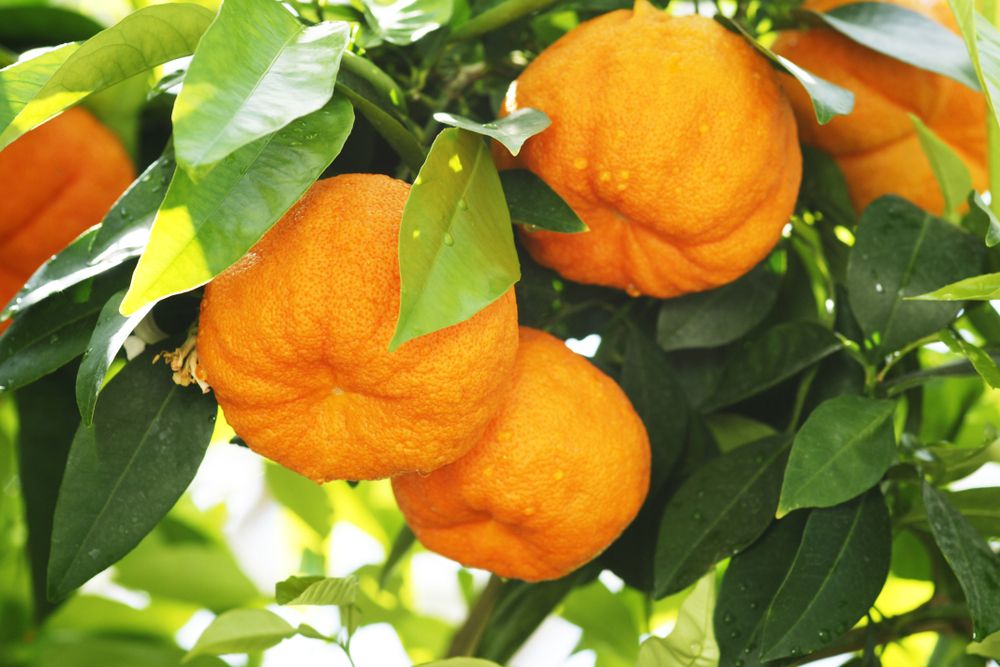
As per the NIH, bitter orange, also known as Citrus aurantium, is included in weight-loss supplements for its alleged appetite-suppressing properties. Nevertheless, Moody highlights that while some research backs these assertions, the outcomes have been variable.
Moreover, Moody warns, "The substantial doses of bitter orange required to demonstrate notable fat loss could pose safety concerns. This is particularly concerning given that synephrine (its active component) has been associated with potentially hazardous effects on blood pressure."
8) Chitosan
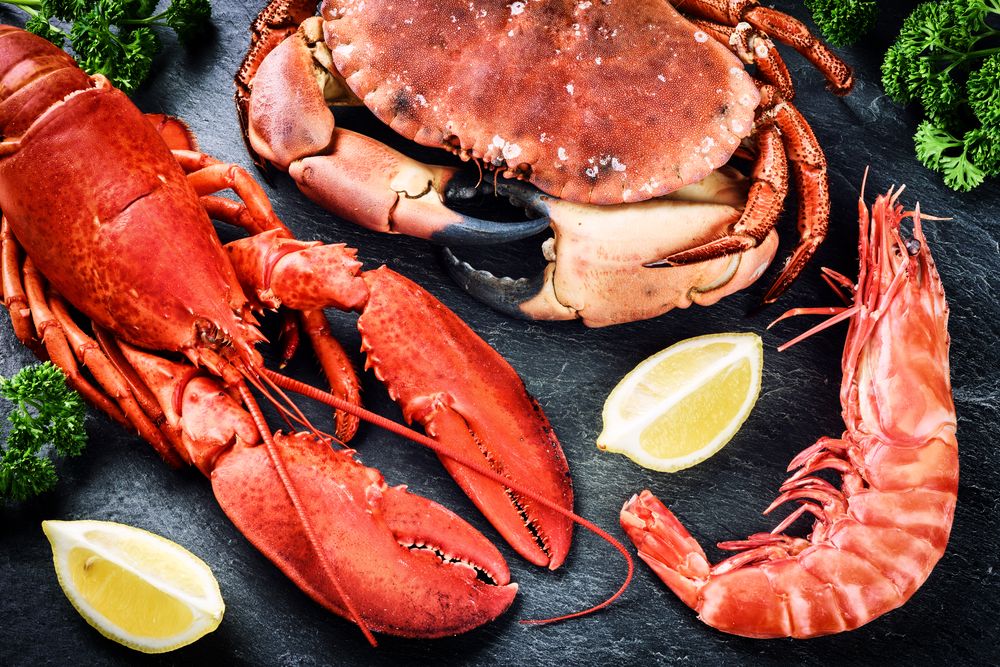
Chitosan is commonly promoted as a fat-blocking agent; however, scientific backing for its weight-loss assertions remains sparse. Furthermore, a recent study published in Polymers suggests that chitosan could trigger gastrointestinal discomforts such as constipation and bloating.
"Chitosan, derived from chitin present in crustacean shells like crabs and lobsters, forms a gel in the gastrointestinal tract, purportedly binding to fats and impeding absorption," explains Moody. "This implies that the supplement's efficacy would rely heavily on timing around meals, which is far from ideal. Additionally, scientific research fails to validate the fat-blocking mechanism."
9) Raspberry Ketones
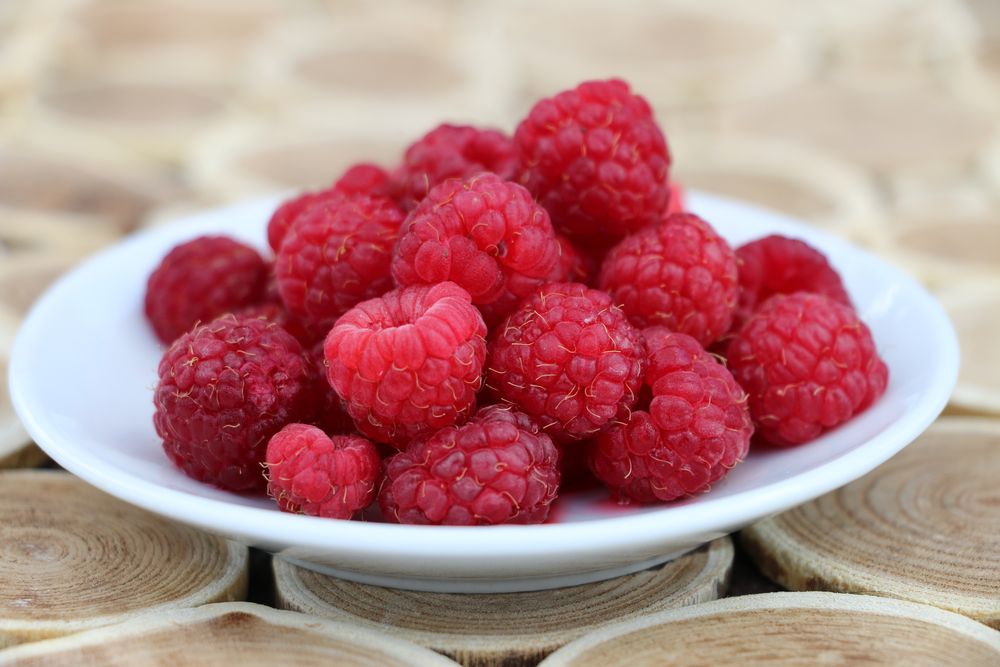
Raspberry ketones, the compounds responsible for the enticing aroma of raspberries, are frequently hailed for their purported weight-loss advantages. However, although some studies suggest these ketones may enhance fat breakdown and metabolic regulation, scientific substantiation is deficient.
Moody remarks, "Not only is this supplement inefficient (requiring two pounds of raspberries to produce just one to four milligrams of raspberry ketones), but we lack certainty regarding their effectiveness in humans."

